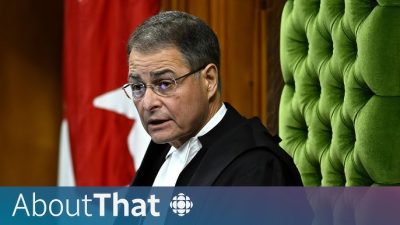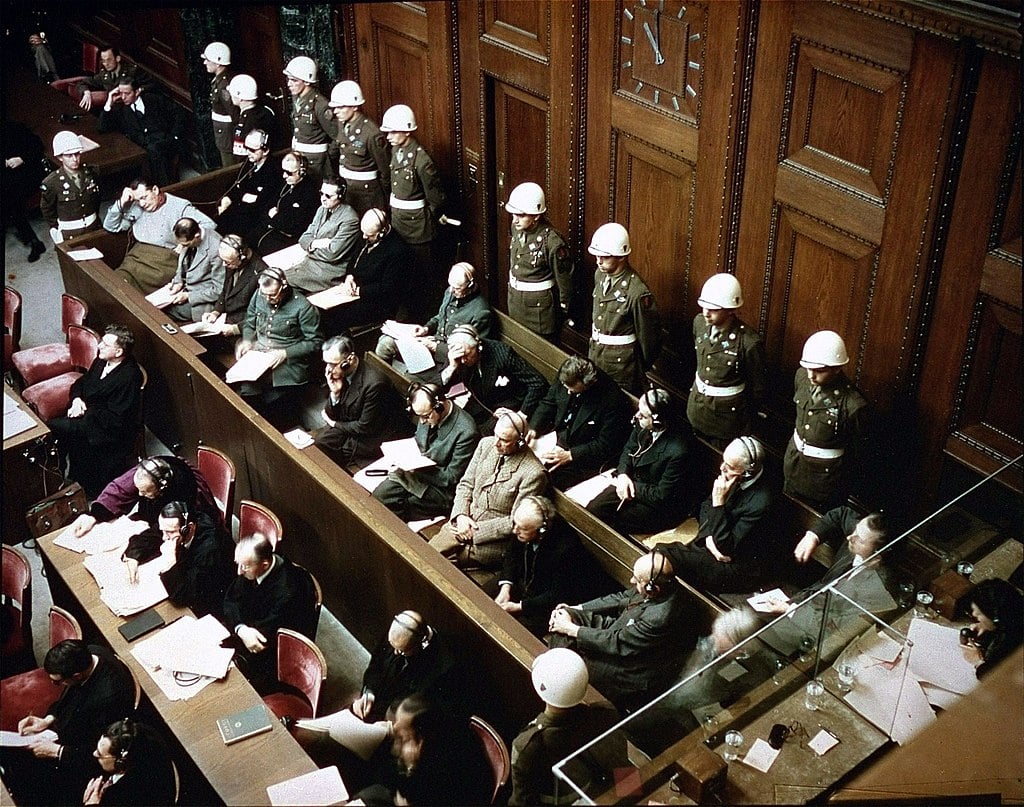A Nazi on Parliament Hill Is an Antidote to Self-Righteousness

All Global Research articles can be read in 51 languages by activating the Translate Website button below the author’s name.
To receive Global Research’s Daily Newsletter (selected articles), click here.
Click the share button above to email/forward this article to your friends and colleagues. Follow us on Instagram and Twitter and subscribe to our Telegram Channel. Feel free to repost and share widely Global Research articles.
***
The triumphant visit of President Zelenskyy to Ottawa in late September was marred by an episode in the Parliament of Canada. Anthony Rota, the Speaker of the House of Commons, invited Yaroslav Hunka, an elderly Ukrainian from his riding to attend Zelenskyy’s speech.
He was honored during a session of Canadian parliament in which Zelenskyy addressed the lawmakers to thank them for their support, saying that Canada has always been on “the bright side of history”.
The MPs, including prime minister Justin Trudeau, duly gave him a standing ovation. Then it turned out that the entire house was acclaiming a former volunteer to the Ukrainian 14th Waffen SS Division Halitchina. At the Nuremberg Trials 9image below), the Waffen-SS was declared a criminal organization responsible for mass atrocities.
Indeed, Halitchina perpetrated mass massacres and was commended for them by no less a personality than Heinrich Himmler, the head of the SS.
All this is well documented. Two days later, the Speaker issued an apology, claiming that the decision to honour the former Nazi, “was entirely down to him”. He was eventually forced the resign. The controversy may be closed. But it raises questions that go well beyond this particular episode.
First: How is it that the background of this unrepented Nazi – he wrote in blogs in 2010 and 2011 that the years spent under the SS colours were the best years of his life – had become invisible to those who arranged his invitation?
Were the organizers of his visit innocent victims the media and politicians’ casting of the war in Ukraine as a Manichean conflict between Good and Evil. Indeed, how can one suspect Good of being anything but immaculate?
Second: On that occasion the Speaker said,
“We have here in the chamber today a Ukrainian Canadian war veteran from the Second World War who fought for Ukrainian independence against the Russians and continues to support the troops today even at his age of 98.”
Is he so ignorant of recent history as to call the 98-year-old veteran a “hero” for fighting Russia?
If the multilingual Mr Rota, Bachelor of Arts in Political Science, does not know that fighting the Russians during the Second World War means fighting on the side of the Nazis this shows how politically distorted recent history has become. It also shows ignorance of the fascist tendencies of ethnic nationalism in Europe, including Ukraine, which found a natural ally in Nazi Germany.
Third: While Rota, Trudeau and the rest of the House of Commons may be ignorant, there was at least one person in the House who is not. Chrystia Freeland, deputy prime minister, former foreign minister who grew up in the Ukrainian community in Canada, attended Ukrainian nationalist summer camps and is a fluent Ukrainian speaker.
She is a granddaughter of a Ukrainian who had fled the advancing Soviet army during the Second World War and who had run a Ukrainian nationalist newspaper in Nazi-occupied Krakow. Reportedly, his newspaper was supporting the establishment of the Ukrainian SS division.
She was certainly aware who she was applauding on the floor of the Parliament. Did she do it in order to whitewash Nazi associations of Ukrainian nationalists?
Fourth: Was Zelenskyy correct in claiming that “Canada has always been on the bright side of history”? Of course, what is bright is naturally in the eye of the beholder. For Zelenskyy (his Jewish origin and the fact that his grandfather had fought the Nazis are irrelevant here), the warm welcome that Canada offered Ukrainian Nazis after the Second World War must be part of Canada’s laudable record. Whoever was an enemy of the Soviet Union was put to use in the context of the Cold War, some as in information warfare, others in actual violence against Soviet officials in Ukraine. Their Nazi past did not disturb official Ottawa.
At that time Canada openly espoused racism and antisemitism. Canada had barred entry to Jewish refugees from Nazism. The phrase “none is too many” is often attributed either to prime minister William Lyon Mackenzie King or to Frederick Charles Blair, director of the immigration office during the King administration. According to the book titled “None is Too Many”, it was uttered by an unnamed senior government official who was asked in 1945 how many Jews should be admitted to Canada. Whatever the exact source, the attitude it embodies is part of Canada’s history.
In defense of Canada, one may argue that most Western democracies acted the same way.
Racism and antisemitism had been common European values for centuries.
The troops that attacked the Soviet Union in June 1941 did not come solely from Nazi Germany but included conscripted soldiers and volunteers from fifteen European countries. Moreover, mass massacres were often conducted by local volunteers, particularly in Poland, Ukraine and the Baltic countries. U.S. troops that fought the Nazis were racially segregated. Britain and France fought murderous “pacification” campaigns in Africa to keep their respective colonies for years after the defeat of German Nazism.
In the 1930s, Nazi internal and foreign policies were not only popular in many countries but found epigons among their ruling classes.
Britain and France, obliged by a treaty, declared war on Germany when it attacked Poland in 1939.
But their armies remained passive in what was aptly called drôle de guerre or phoney war. And when Wehrmacht finally advanced in May 1940 France surrendered while British troops fled the continent back to the British Isles.
The United States found itself in a conflict with Nazi Germany only after Berlin declared war against it a few days after Pearl Harbor. And it took years for American troops to engage the Wehrmacht in actual hostilities. Even then, most German divisions were fighting the Soviet advance in the east.
This reminds us that Western values, which Ukraine is said to defend in its current war, must be seen in their complex historical context.
Have the old values practiced for centuries been truly repudiated or have they been camouflaged with progressive and self-righteous rhetoric while directed at other victims? As the late Chief Rabbi of Britain aptly remarked, “self-righteousness and righteousness are mutually exclusive”.
*
Note to readers: Please click the share button above. Follow us on Instagram and Twitter and subscribe to our Telegram Channel. Feel free to repost and share widely Global Research articles.
Yakov M. Rabkin is Professor Emeritus of History at the Université of Montréal. His publications include over 300 articles and a few books: Science between Superpowers, A Threat from Within: a Century of Jewish Opposition to Zionism, What is Modern Israel?, Demodernization: A Future in the Past and Judaïsme, islam et modernité. He did consulting work for, inter alia, OECD, NATO, UNESCO and the World Bank. E-mail: [email protected]. Website: www.yakovrabkin.ca
Featured image is from Pressenza


